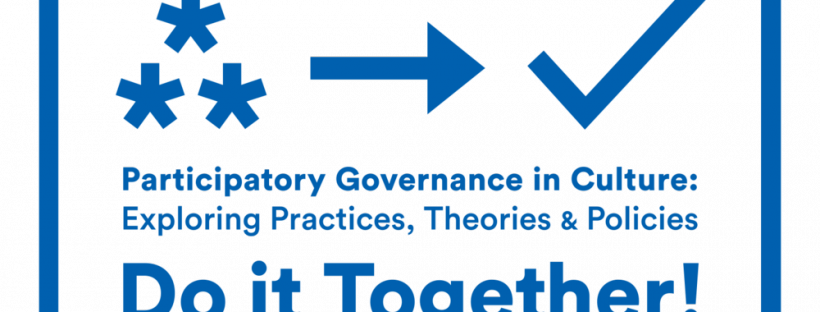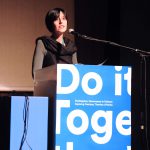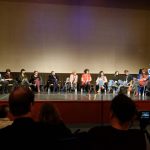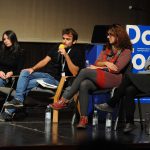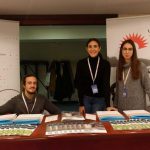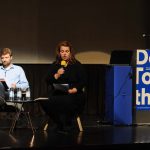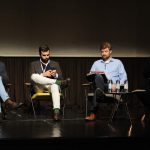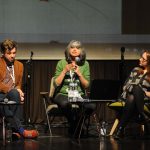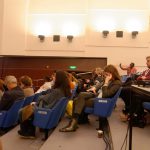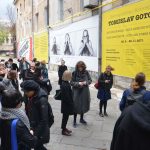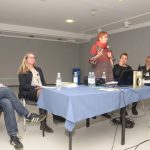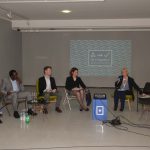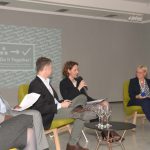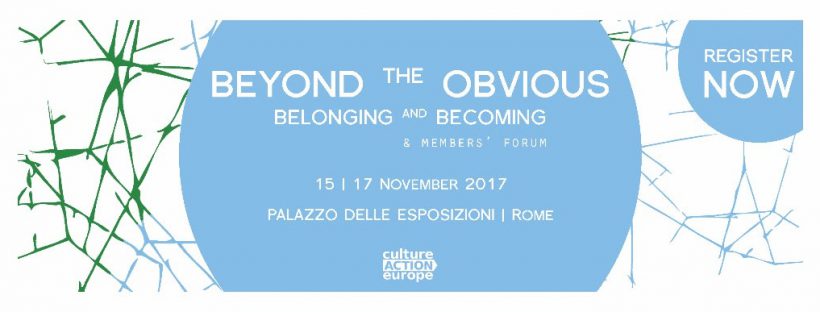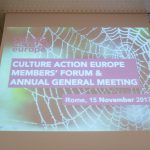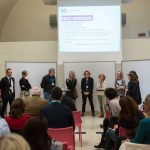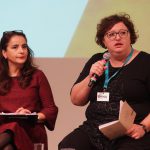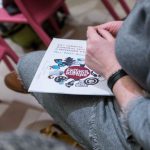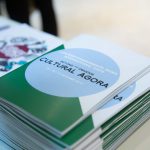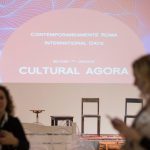Dear CULPOL collaborators,
2017 has been busy and successful year for the CULPOL project and now, at its end, we take this opportunity to summarize this year’s activities within the Jean Monnet project ‘EU Competence and National Cultural Policies: Critical Dialogues’ (CULPOL). After the kick-off meeting and first stakeholders group meeting organized in December 2016, several project events and workshops were organized in 2017 and a number of analytical papers were published at the CULPOL website .
Organized events
The international conference ”Perspectives of national cultural policies development in the EU context: critical dialogues” was held in Zagreb from the 17th to the 19th of May 2017. The main conference programme took place on the 18th and the 19th of May and was attended by 110 participants – cultural policy researchers, cultural professionals, cultural civil society representatives, policy-makers, and young professionals in arts and culture from Europe and Croatia. The conference opened up space for discussion on the subject of cultural policies in the EU context. As an introduction to the main conference programme, on the 17th of May 2017, two pre-conference activities were organized in cooperation with IRMO partners. The workshop ‘CAE Croatian Hub – Reflection exercise on the future of Europe’, was co-organized with Culture Action Europe within the framework of the project ‘EUROPE OF CULTURE: co-creating a cultural scenario’. In cooperation with the Academy of Dramatic Art, IRMO organized a pre-conference lecture “The missing links between cultural administration and the functioning of cultural systems today – study case of a one-year mandate as Minister of culture in Romania” by Ms Corina Şuteu, cultural consultant, president of FilmETC and former Minister of Culture of Romania.
We would like to thank all our partners who helped us organizing this successful conference (Rijeka2020, Academy of Dramatic Arts and Culture Action Europe, Ministry of Culture, European Parliament – Information Office in HR) and all the participants for their active participation and interesting discussions hoping that this conference met your expectations. Conference materials are available on the CULPOL website.
The Second CULPOL Stakeholders Group Meeting was organised on the 5th of July 2017 in Rijeka, within the framework of the Unicult 2020 – The International Arts & Cultural Management and Cultural Policy Programme. The CULPOL organisational board worked together with members of the CULPOL stakeholders group in preparing a one-day event that would facilitate the knowledge transfer of the cultural policy related research conducted within the framework of the CULPOL project towards the UNICULT 2020 students.
Research activities
The papers published within the CULPOL Commentary and CULPOL Issue Papers series explored different ways in which the European Union impacts the cultural policies on the national and local levels. In 2017, seven analytical papers were published on the project’s website while several more are in preparation for the next year. The following papers have been published so far:
CULPOL ISSUE PAPER 1 – Subsidiarity, policy, OMC? Croatian cultural policy in the European context, by Jaka Primorac;
CULPOL ISSUE PAPER 2 – An overview of methodological approaches in European cultural policy research, by Ana Žuvela;
CULPOL ISSUE PAPER 3 – Cultural planning ‘in random’: benchmarking cultural policy trends and changes in Croatia with the experience of European Capital of Culture project by Mario Kikaš;
CULPOL ISSUE PAPER 4– The Place and Role of Culture in the EU Agenda. Policy Implications of the Culture Sub-programme of the Creative Europe Programme by Jaka Primorac, Nina Obuljen Koržinek and Aleksandra Uzelac;
CULPOL COMMENTARY 1 – The commentary on typologies of cultural policies by Nada Švob-Đokić;
CULPOL COMMENTARY 2 – Contradictions of the Internet and the problem of articulating the public interest by Paško Bilić;
CULPOL COMMENTARY 3 – Cultural diplomacy from the bottom-up by Matea Senkić
We invite all interested CULPOL stakeholders to contribute to the CULPOL Issue papers or CULPOL Commentary sections.
In response to the call for papers for the upcoming Croatian International Relations Review (CIRR) Special Issue on ‘European Union and Challenges of Cultural Policies: Critical Perspectives’ (Vol. 24, No. 83, 2018) published in June, we have received a number of papers and the editorial and review processes are under way. The publication of the special issue is planned for June 2018.
Plans for 2018
An international round table on the ‘Digital Single Market and Its Impact on Culture and Media in Croatia’ is planned to take place in Zagreb, Croatia, on 19 – 20 April 2018, aiming to gather participants from Croatia and Europe.
The Round table will emphasize the changes the Digital Single Market (DSM) strategy brings to the field of culture, and its impact on the culture and media sector in Croatia.
Before the official ending of the project on the 31st of August, 2018, a final wrap-up meeting will be organized in June, where the special issue of CIRR will be presented. More information on the event will be available on the CULPOL website.
We are looking forward to continuing our collaboration in 2018, hoping to joint realization of new interesting activities.
In the meantime, please follow our culpol.irmo.hr website where we will regularly publish all the information related to CULPOL project.
Happy holidays and best wishes for 2018 from CULPOL project team!
Aleksandra Uzelac
Jaka Primorac
Paško Bilić
Ana Žuvela
Matea Senkić
Barbara Lovrinić






